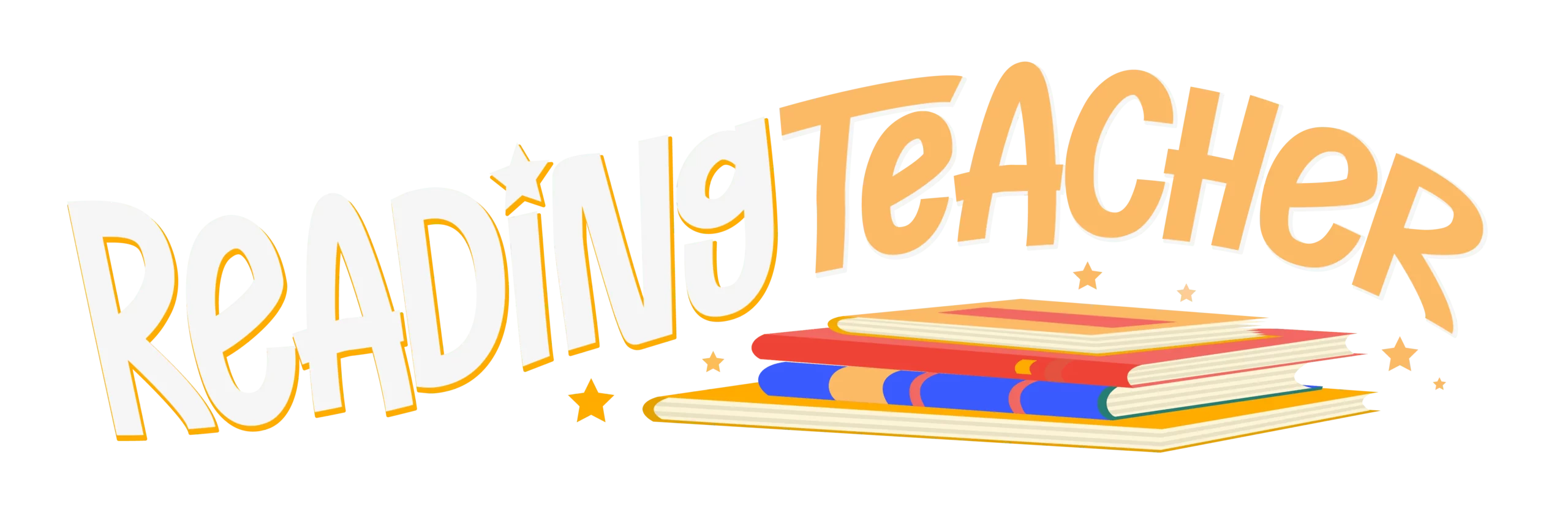Supporting Kindergarteners with Phonemic Awareness Activities
Introduction:
As a kindergarten teacher, helping children develop phonemic awareness is a critical component of teaching reading. Phonemic awareness refers to the ability to recognize, understand, and manipulate the individual sounds (phonemes) in spoken words. It is an essential step in the process of learning to read and spell. In this article, we will discuss some of the best activities to support the development of phonemic awareness in your kindergarten classroom.
Phoneme Segmentation:
One of the most straightforward phonemic awareness activities is phoneme segmentation. This activity involves having children break words down into individual phonemes (sounds) and then putting them back together again. For example, if you say the word "cat," the child would break it down into /c/ /a/ /t/.
Phoneme Blending:
Phoneme blending is another important activity for phonemic awareness development. In this activity, children combine individual phonemes to form words. For example, if you say the sounds /c/ /a/ /t/ the child should be able to blend the sounds to form the word "cat."
Rhyme Recognition:
Rhyming is a great way to help children develop phonemic awareness. Children can practice recognizing and producing rhymes in words by identifying words that have the same ending sounds.
Sound-to-Letter Correspondence:
Sound-to-letter correspondence activities are another way to support phonemic awareness development in kindergarten. These activities involve teaching children to associate individual sounds with their corresponding letters. For example, you could provide students with magnetic letters and have them match sounds to letters.
Phoneme Substitution:
Phoneme substitution is a phonemic awareness activity that involves changing one sound in a word to create a new word. For example, if you say the word "cat," the child could change the /c/ sound to /g/ to form the word "gat."
Conclusion:
In conclusion, phonemic awareness activities are an essential part of teaching kindergarteners how to read. By providing opportunities for children to recognize, understand, and manipulate individual sounds in spoken words, you can help them develop the critical skills they need to become successful readers. Incorporating a variety of activities into your lessons will keep children engaged and motivated while also helping them to develop the foundational skills necessary for reading success.
Start Teaching Reading for Free Now!
Access Level 1’s four interactive stories and the accompanying supplemental resources to teach elementary students how to read. No credit card is needed. Join the 42,635 teachers and students using our reading program.
